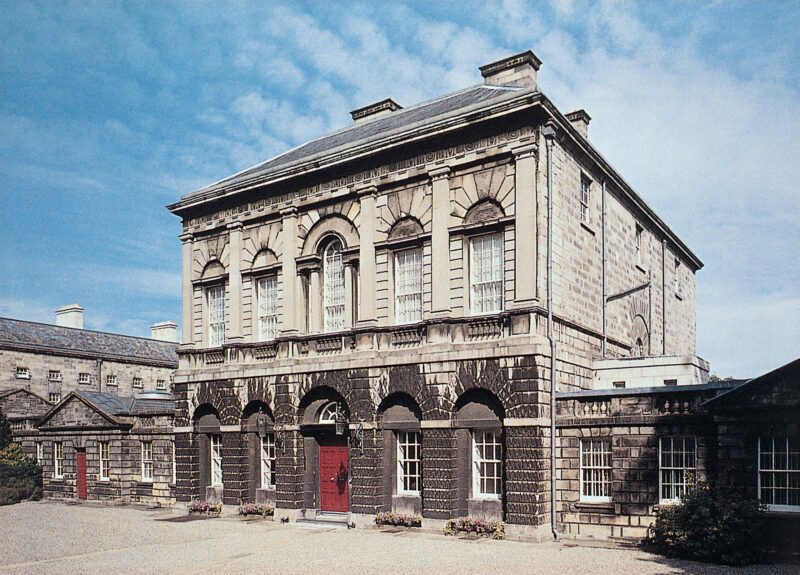The race to become the next Provost of Trinity has begun, after College released an advertisement for the top job.
The brief of the job is vast: a 10-year term of office at the helm of Ireland’s most prestigious university, leading its academic, administrative and financial affairs.
The road to the job is a windy one: applicants must go through an interview process before being elected by staff and appointed by College Board, the chief governing body of the College.
In a job advertisement posting, Trinity stated: “The University is seeking as its next Provost a leader of distinction who demonstrates a commitment to the values of a research-led, comprehensive, innovative and historic university, and who possesses the ability to inspire, nurture ambition and win the confidence of colleagues.”
Applicants must demonstrate “significant academic standing”, “evidence of capacity for management and administration such as is required in an educational or equivalent institution” and “evidence of leadership skills and the ability to represent the College externally”.
The closing date for applications is 12pm on December 4th.
On July 31st, Provost Patrick Prendergast’s time as Provost will come to an end. Prendergast has led Trinity through some of its most turbulent times – the historic Take Back Trinity protests, the funding crisis which has smouldered on since the financial crash and most recently the coronavirus pandemic, which has wreaked havoc across the third-level sector.
In the wake of massive cuts to higher education, Prendergast has widened College’s commercial revenue streams and turned to its alumni for funding through the wide reaching alumni system called “Inspiring Generations”. He has invested in large capital projects such as the E3 Learning Foundry, the Business School and TTEC, his most ambitious project to date, all in the face of devastating cuts to the third-level sector.
The Provost has also had his fair share of controversies. In 2015, this newspaper reported on the sense of division and disunity on the College Board – often described as a heavy-handed, top-down lack of respect from the Provost for the views of board members, and a stifling of debate at the highest levels.
Prendergast came under scrutiny during the Take Back Trinity protests when students revolted against the introduction of supplemental exam fees worth €450. Protests, occupations and social media assaults ensued and the Provost was eventually forced to scrap the fees.
His time in office will also be marked by Trinity’s decline in university rankings. This year, College bucked the trend and went up by nine places from 164th to 155th in the Times Higher Education World University Rankings. However, Trinity’s slump out of the top 100 during Prendergast’s time in office will be remembered.







